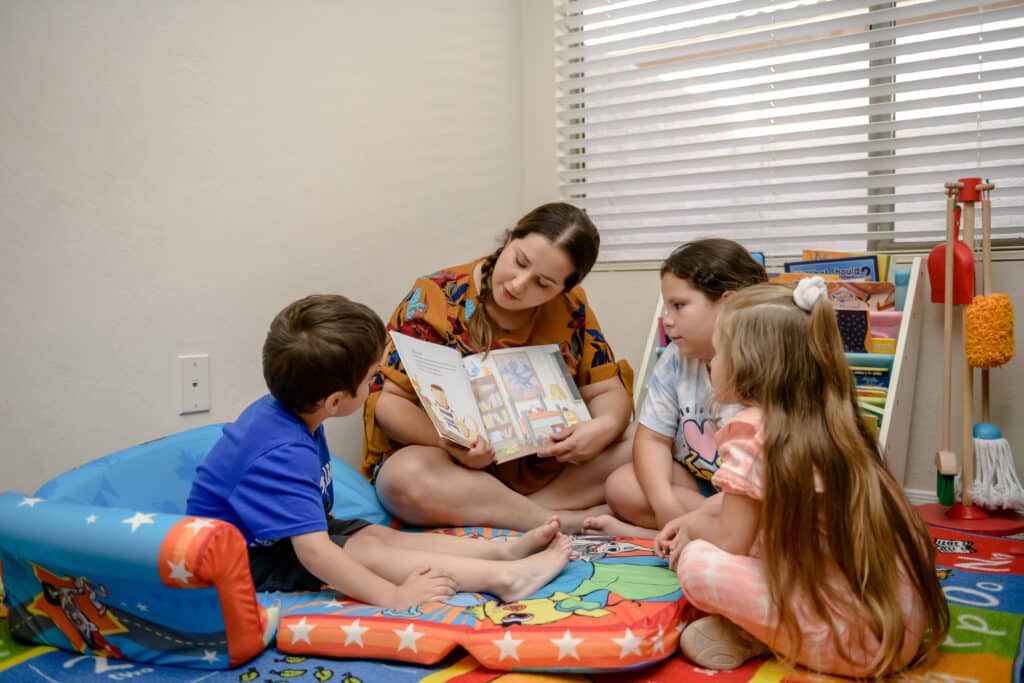Many families throughout the United States use family, friend, and neighbor (FFN) care. FFN providers are essential members in the early childhood education (ECE) ecosystem, along with licensed, center-based and home-based care. They provide care that is valued by parents and fill gaps for care in locations with limited licensed ECE programs. However, FFN providers and the strengths and contributions they offer to families and children are often overlooked by policymakers and other stakeholders because they frequently operate outside of the public systems. Home Grown contracted with Mathematica to conduct the Understanding the Strengths of Family, Friend, and Neighbor Child Care project to identify the strengths and limitations of FFN care and the needs of FFN providers. The study also aimed to inform considerations for future measures to assess FFN quality.
Report: Understanding the Strengths of Family, Friend, and Neighbor Care

Stephen Cutty, a home-based child care provider in California, is one of a small number of male child care providers. He calls running his business "the greatest experience of [his] life."
Philadelphia-based FCC provider Adrienne Briggs reflects on the success of the 2025 Family Child Care Awareness Day in Harrisburg, Pennsylvania and shares why it is important for FCC providers to come together and advocate for what they need.
Family child care (FCC) is often a first choice for families who prefer to keep their children in mixed-aged groups together in one setting. Many states, however, do not include FCCs in their mixed-delivery system which eliminates this option for most parents. This blog post examines why states should consider including FCC in mixed-delivery pre-K systems.


